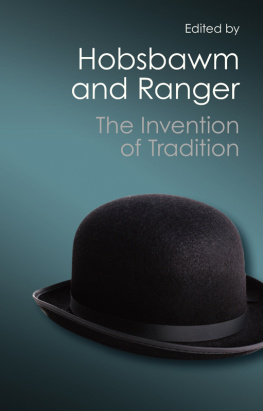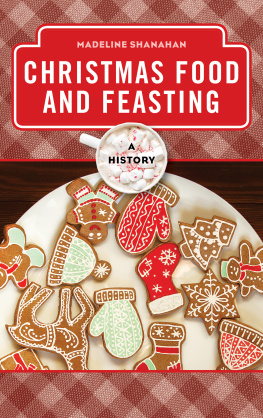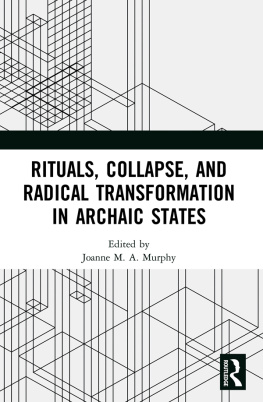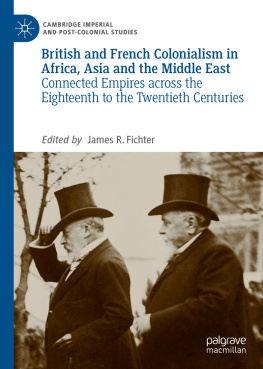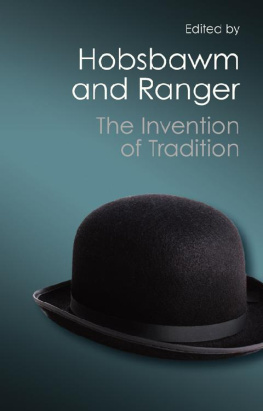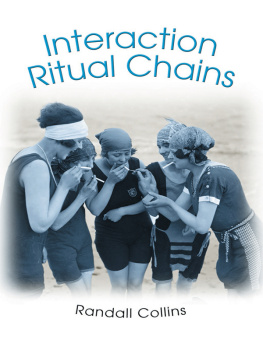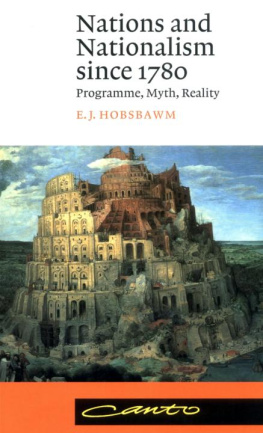The Invention of Tradition
Edited by
ERIC HOBSBAWM
and
TERENCE RANGER

CAMBRIDGE UNIVERSITY PRESS
Cambridge, New York, Melbourne, Madrid, Cape Town, Singapore, So Paulo, Delhi, Mexico City
Cambridge University Press
The Edinburgh Building, Cambridge CB2 8RU, UK
Published in the United States of America by Cambridge University Press, New York
www.cambidge.org
Information on this title: www.cambridge.org/9781107604674
E. J. Hobsbawm 1983
Hugh Trevor-Roper 1983
Prys Morgan 1983
David Cannadine 1983
Bernard S. Cohn 1983
Terence Ranger 1983
This publication is in copyright. Subject to statutory exception and to the provisions of relevant collective licensing agreements, no reproduction of any part may take place without the written permission of Cambridge University Press.
First published 1983
First paperback edition 1984
Reprinted 1985, 1986, 1987, 1988, 1989
Canto edition 1992
21st printing 2013
Printed and bound by CPI Group (UK) Ltd, Croydon, CR0 4YY
British Library Cataloguing in Publication data
The invention of tradition (Past and present publications)
1. Sociology 2. Folklore History
I. Hobsbawm, E. J. II. Ranger, Terrence
III. Series
303.372 HM201
ISBN 978-1-107-60467-4 Paperback
Cambridge University Press has no responsibility for the persistence or accuracy of URLs for external or third-party internet websites referred to in this publication, and does not guarantee that any content on such websites is, or will remain, accurate or appropriate. Information regarding prices, travel timetables and other factual information given ih this work are correct at the time of first printing but Cambridge University Press does not guarantee the accuracy of such information thereafter.
Contents
ERIC HOBSBAWM
HUGH TREVOR-ROPER
PRYS MORGAN
DAVID CANNADINE
BERNARD S. COHN
TERENCE RANGER
ERIC HOBSBAWM
Contributors
DAVID CANNADINE is Professor of History at Columbia University. His books include Lords and Landlords: The Aristocracy and the Towns, 17741967 (1980) and The Decline and Fall of the British Aristocracy (1990).
BERNARD S. COHN is Professor of Anthropology at the University of Chicago. He is the author of many articles on the interactions of history and anthropology and on the study of Indian society.
ERIC HOBSBAWM is Emeritus Professor of Economic and Social History at Birkbeck College, University of London, and a founder-member of the journal Past & Present. Among his many publications is Nations and Nationalism since 1780: Programme, Myth, Reality (1990).
PRYS MORGAN is Reader in History at University College, Swansea. He has published extensively in Welsh and has contributed chapters to many books on Welsh history.
TERENCE RANGER is Rhodes Professor of Race Relations at the University of Oxford, and a Fellow of St Antonys College. He is the author of The Historical Study of African Religion (1972) and Dance and Society in Eastern Africa (1975).
HUGH TREVOR-ROPER (Lord Dacre of Glanton) was Master of Peterhouse, Cambridge, from 1980 to 1987. He was previously Regius Professor of History at the University of Oxford, from 1957.
.
Introduction: Inventing Traditions
ERIC HOBSBAWM
Nothing appears more ancient, and linked to an immemorial past, than the pageantry which surrounds British monarchy in its public ceremonial manifestations. Yet, as a chapter in this book establishes, in its modern form it is the product of the late nineteenth and twentieth centuries. Traditions which appear or claim to be old are often quite recent in origin and sometimes invented. Anyone familiar with the colleges of ancient British universities will be able to think of the institution of such traditions on a local scale, though some like the annual Festival of Nine Lessons and Carols in the chapel of Kings College, Cambridge on Christmas Eve may become generalized through the modern mass medium of radio. This observation formed the starting-point of a conference organized by the historical journal Past & Present, which in turn forms the basis of the present book.
The term invented tradition is used in a broad, but not imprecise sense. It includes both traditions actually invented, constructed and formally instituted and those emerging in a less easily traceable manner within a brief and dateable period a matter of a few years perhaps and establishing themselves with great rapidity. The royal Christmas broadcast in Britain (instituted in 1932) is an example of the first; the appearance and development of the practices associated with the Cup Final in British Association Football, of the second. It is evident that not all of them are equally permanent, but it is their appearance and establishment rather than their chances of survival which are our primary concern.
Invented tradition is taken to mean a set of practices, normally governed by overtly or tacitly accepted rules and of a ritual or symbolic nature, which seek to inculcate certain values and norms of behaviour by repetition, which automatically implies continuity with the past. In fact, where possible, they normally attempt to establish continuity with a suitable historic past. A striking example is the deliberate choice of a Gothic style for the nineteenth-century rebuilding of the British parliament, and the equally deliberate decision after World War II to rebuild the parliamentary chamber on exactly the same basic plan as before. The historic past into which the new tradition is inserted need not be lengthy, stretching back into the assumed mists of time. Revolutions and progressive movements which break with the past, by definition, have their own relevant past, though it may be cut off at a certain date, such as 1789. However, insofar as there is such reference to a historic past, the peculiarity of invented traditions is that the continuity with it is largely factitious. In short, they are responses to novel situations which take the form of reference to old situations, or which establish their own past by quasi-obligatory repetition. It is the contrast between the constant change and innovation of the modern world and the attempt to structure at least some parts of social life within it as unchanging and invariant, that makes the invention of tradition so interesting for historians of the past two centuries.
Tradition in this sense must be distinguished clearly from custom which dominates so-called traditional societies. The object and characteristic of traditions, including invented ones, is invariance. The past, real or invented, to which they refer imposes fixed (normally formalized) practices, such as repetition. Custom in traditional societies has the double function of motor and fly-wheel. It does not preclude innovation and change up to a point, though evidently the requirement that it must appear compatible or even identical with precedent imposes substantial limitations on it. What it does is to give any desired change (or resistance to innovation) the sanction of precedent, social continuity and natural law as expressed in history. Students of peasant movements know that a villages claim to some common land or right by custom from time immemorial often expresses not a historical fact, but the balance of forces in the constant struggle of village against lords or against other villages. Students of the British labour movement know that the custom of the trade or of the shop may represent not ancient tradition, but whatever right the workers have established in practice, however recently, and which they now attempt to extend or defend by giving it the sanction of perpetuity. Custom cannot afford to be invariant, because even in traditional societies life is not so. Customary or common law still shows this combination of flexibility in substance and formal adherence to precedent. The difference between tradition and custom in our sense is indeed well illustrated here. Custom is what judges do; tradition (in this instance invented tradition) is the wig, robe and other formal paraphernalia and ritualized practices surrounding their substantial action. The decline of custom inevitably changes the tradition with which it is habitually intertwined.

